The 22 Best Weight Loss Foods of All Time, According to Registered Dietitians
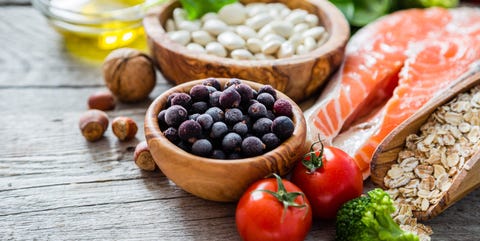
Exercise and diet go hand in hand: The way you eat not only influences your weight, but your diet affects your health, too. With the right foods, you can lose excess pounds and stubborn belly fat while also nourishing your body with vitamins, minerals, and antioxidants. Not to mention, you'll feel more satisfied with your meals and can make healthy choices when you're dining out because your blood sugar levels will be stable. Here are the best foods for weight loss, according to dietitians. We promise: They all taste delicious and will keep your metabolism revved up.
Flaxseed is loaded with fiber, which can help stave off hunger and keep you satisfied. “Fiber helps to slow digestion, which provides for a steady blood glucose level and sustained energy for hours,” says Brooke Zigler, MPP, RDN, LD.
But make sure it's milled (ground) before eating it—that’s how you retain all its perks. “Whole flax seeds may pass through our system undigested, which means you may miss out on the many nutritional benefits,” she says.
 The Tropical Secret for Healty Weight Loss Know more
The Tropical Secret for Healty Weight Loss Know more
Raspberries contain one of the highest amounts of fiber per serving (a whopping 8 grams of fiber for just 64 calories in one cup). “Eating a diet high in fiber helps to boost metabolism,” says Zigler, which helps us burn more calories. Try adding it to a morning Greek yogurt, oatmeal, or bed of leafy greens, like spinach.
Here’s more reason to add avocado to everything. “Most of the carbohydrate content in avocados comes from fiber (1/3 of an avocado provides 11 percent of our daily fiber needs), and it also contains monounsaturated fat, which is known as a ‘good’ fat and [is] important for heart health,” says Zigler. Together, the healthy fats and fiber will keep you full to avoid mindless munching throughout the day.
“While not technically a food, proper hydration is critical for weight loss! When boosting your daily fiber intake, it is equally important to boost your water intake, too,” says Zigler.
When water combines with fiber, it turns into a gel-like substance that helps to soften stools and allow for easier bowel movements, which can banish bloating. “Without enough water, you may become constipated or have a harder time going to the bathroom,” she says.
Artichokes are delicious when marinated in a little olive oil, thrown on a salad, or added to lightened pasta dishes. “This vegetable has more fiber than any other vegetable, making it one of the best choices when you're looking to boost your fiber intake,” says Zigler. Artichokes are also loaded with antioxidants, which can lower inflammation to promote weight loss.
A complete plant protein boasting all nine essential amino acids, quinoa is a weight loss superfood win. One cup of cooked quinoa has about 220 calories, 5 grams of fiber, and 8 grams of protein. “Complex carbohydrates like those in quinoa can help with satiety when eaten with other healthy foods (like heart-healthy avocados for a healthy dose of fats) that inevitably will help with weight loss in the long run,” explains Elizabeth Ann Shaw, MS, RDN, CLT, CPT.
“Pistachios are a great addition to a diet aimed to help one lose weight because they're one of the lowest-fat and lowest-calorie snacks that offer the most nuts per serving (49 pistachios per 1-ounce serving) compared to cashews (18) and walnuts (14 halves),” says Shaw. Get in-shell pistachios because the leftover shells may provide a visual cue for portion control to curb intake.
“Yogurt, specifically Greek or skyr varieties, is a great addition to a weight loss plan because they not only contain ample protein to keep individuals fuller longer, but they're also natural sources of probiotics (aka healthy bacteria) that keep your GI system running smooth,” says Shaw.
A healthy gut has shown to help with a slew of health conditions, like boosting immunity, improving mood, and promoting digestion, she says, all of which can help you shed weight.
These trendy, nutrient-packed seeds have a special quality: They can absorb more than ten times their weight in water, allowing them to swell in your digestive tract and keep you satisfied, says Lauren Harris-Pincus, MS, RDN, author of The Protein-Packed Breakfast Club.
Sprinkle a teaspoon or two on yogurt, over your salad, in your oatmeal, or add them to your recipes and baked goods. “For an extra 20 calories per teaspoon, you will benefit from protein, fiber, omega-3 fats and prolonged fullness,” she says.
 The Tropical Secret for Healty Weight Loss Know more
The Tropical Secret for Healty Weight Loss Know more
“This warming—or cooling—beverage serves a dual purpose. Not only is it full of antioxidants and other healthy phytochemicals, but it has the benefit of slightly increasing your metabolism,” says Harris-Pincus. Sipping tea in the evening instead of snacking, or trading in your PSL for a cup of green tea will lower your calorie intake and help you burn a few extra calories. Just be sure to keep it unsweetened.
This often over-looked gem is loaded with protein, filling fats, and calcium to help you build and repair muscles, which can aid in weight loss. “It's fabulous with fruit, on whole grain toast, oatmeal or salads, but the super high protein content [13 grams per 1/2 cup serving!] helps to keep you full in between meals,” says Harris-Pincus. You can also use it in smoothies, in eggs, or in pancake batter. Just be sure to check labels and find a product that’s low in sugar.
One of the keys to weight loss is eating nutritious foods that keep you full. Eggs, especially in the morning, will tide you over until lunch. “Each egg has 6 grams of protein, which helps with satiety," says Natalie Rizzo, MS, RD.
As a matter of fact, a study on overweight adults compared calorie-restricted diets that included either eggs or a bagel for breakfast. The results showed that the people who consumed eggs for breakfast lowered their body mass index by 61 percent and lost 65 percent more weight than those who ate a bagel for breakfast.
You’ll want to add a pop of blue to your meals with this berry delicious fruit. “Research has linked eating a diet rich in fruits and non-starchy vegetables with weight loss, but I really like blueberries because they're packed with antioxidants and are available all year round in the frozen aisle,” says Rizzo. Add to yogurt, oatmeal, and salads, or use for sweetness in smoothies, sauces, and dressings.
“For weight loss, it’s important to eat foods with plenty of protein and fiber to keep you full throughout the day and prevent you from overeating. I like to recommend opting for plant-based proteins, since they tend to have fewer calories than their meat counterparts,” says Rizzo. A 1/2 cup of cooked lentils has 12 grams of protein for just 140 calories. It's super versatile and can be added to grain bowls, salads, soups, and more.
“The Dietary Guidelines recommend eating fish at least twice a week, and I think salmon is the perfect food to incorporate into your weekly meal plan,” says Rizzo. Salmon is rich in omega-3 fatty acids, which are good for your heart and can lower inflammation to aid in weight loss and combat water retention. Plus, eating healthy fat keeps you full. The bonus is that salmon has vitamin D to improve mood, she says.
“Oats are a good source of fiber and can help support a healthy digestive system so incorporating them into different dishes or simply eating a bowl of oatmeal for breakfast can work to keep us satiated, says Maggie Michalczyk, MS, RD. They can also help prevent mindless snacking in the mid-morning.
If giving up pasta is the hardest part of making changes to help lose weight, zucchini noodles are a healthier alternative, Michalczyk says. "I like to think of them as pasta's lower-carb and higher-in-nutrition cousin because zucchini is a good source of vitamins A and C, fiber and potassium for only about 33 calories per zucchini,” says Michalczyk. You can use in zoodles, much on as is with some dip, roast them, or add to salads.
Broccoli is another vegetable that gives you great nutritional bang for your buck. “It's loaded with fiber, vitamin C, vitamin K, iron and potassium and actually contains more protein that most other vegetables,” says Michalczyk. You can add it to pretty much anything—eggs, juice, pasta, pizza, stir-fries, and more.
“This green veggie is a weight loss superstar and easy to incorporate into almost anything you're eating like smoothies, salads, and wraps. Spinach is low in carbs and high in fiber,” says Michalcyzk. You can eat a large volume of it for few calories, and the nutritional value hits all the marks to ensure you meet your daily requirements for weight loss.
Pumpkin isn't just good as pie; it's also great in soups, smoothies, and pasta sauces. And because it's low in calories (about 50 per cup) and contains many nutrients, it's the perfect addition to any dish. “Also high in fiber, pumpkin will add taste and texture to everything you put it in,” Michalczyk says.
“Fish is a great source of satiating protein and is typically lower in calories than other animal proteins,” says Maggie Moon, MS, RD, author of The MIND Diet. “Sardines are a sustainable seafood choice, which are packed with heart-healthy and brain-healthy omega-3 fats,” she says. These healthy fats can help decrease inflammation and improve your mood while dieting.
“Thirst and hunger cues feel similar, so it’s important to stay hydrated, especially if you’re trying to lose weight,” explains Moon. Yes, plain water is important, but 20 percent of our daily water intake comes from foods, she says. “Watermelon is 92 percent water, plus it is bursting with vitamins A and C and anti-inflammatory nutrients like lycopene,” she explains
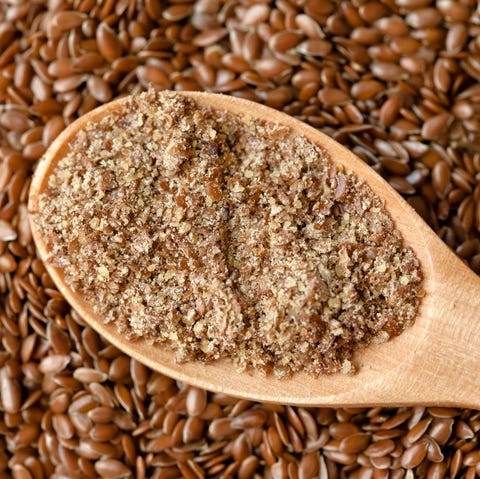
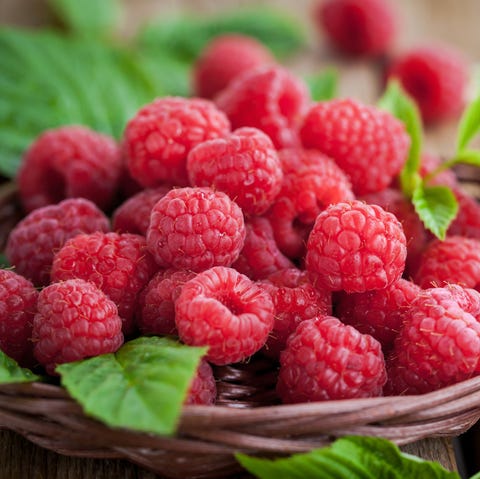
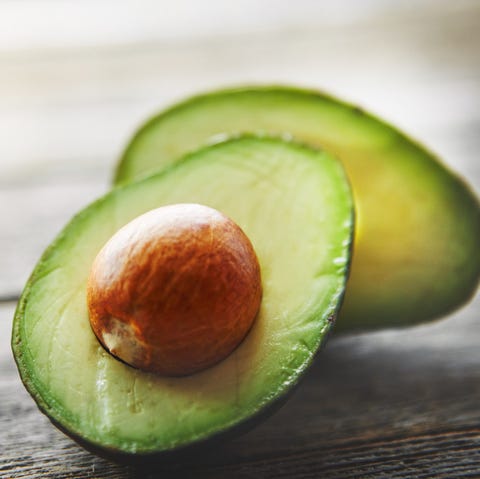
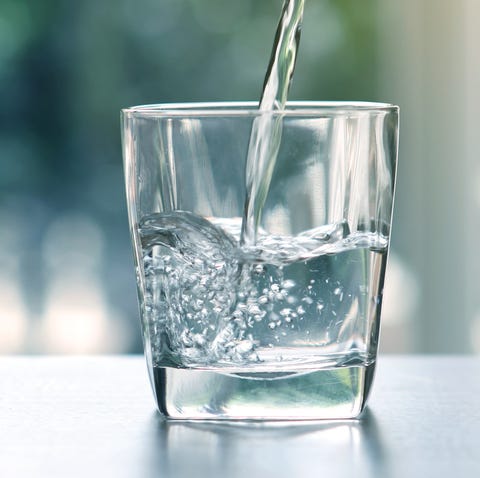
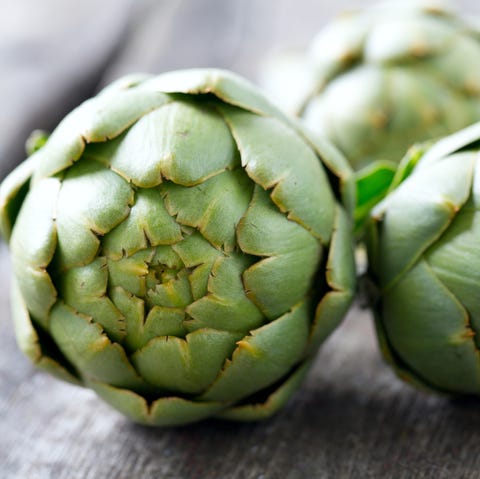

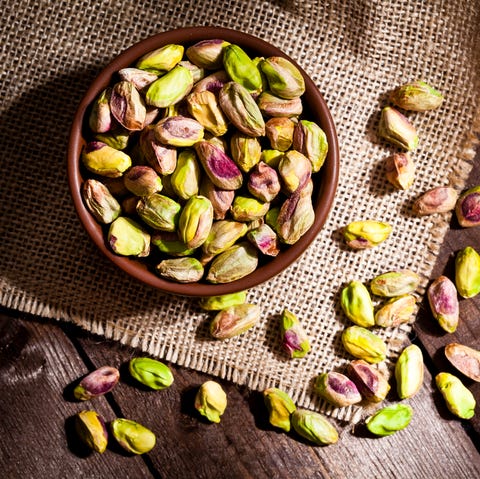
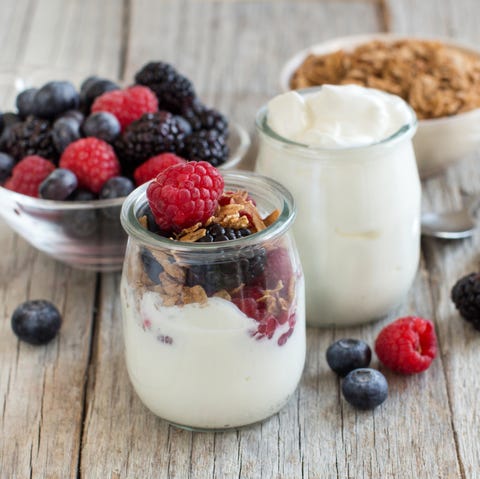
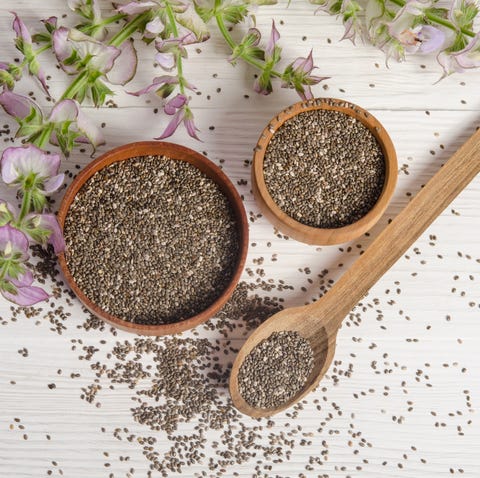
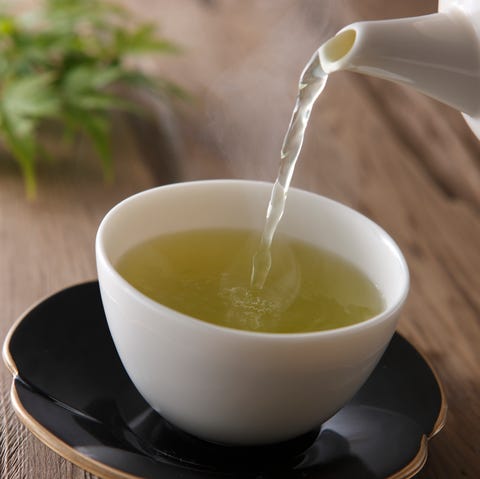
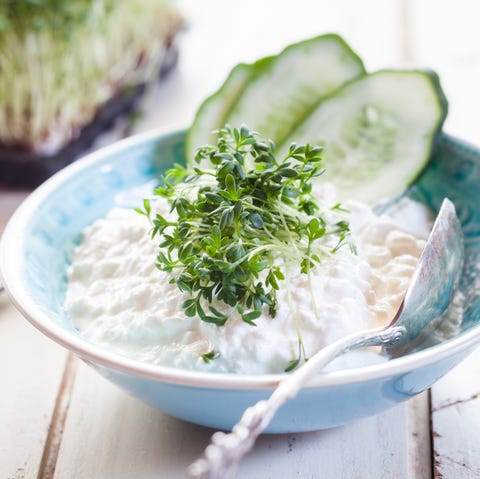
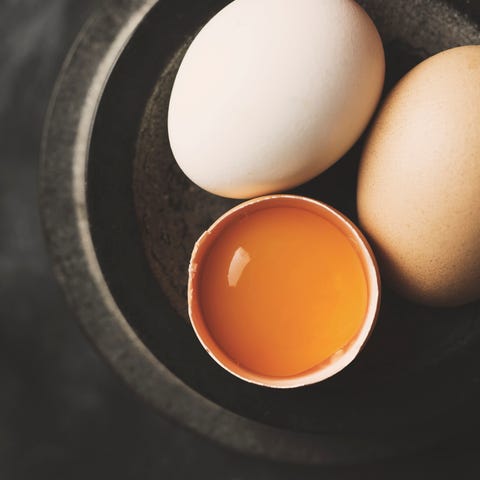
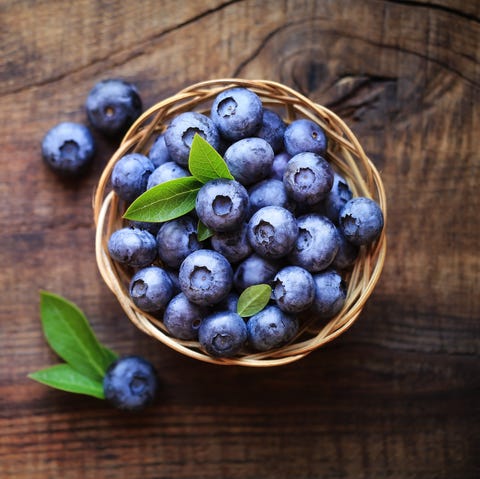
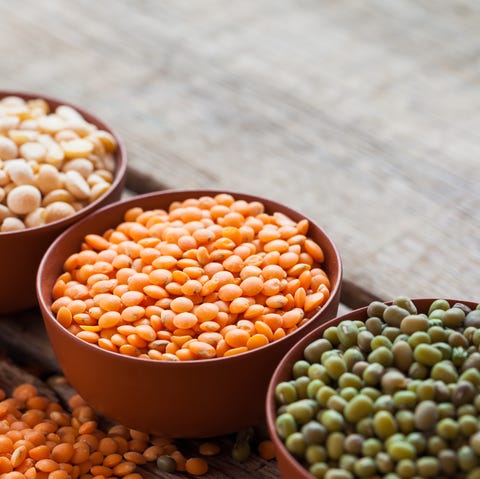
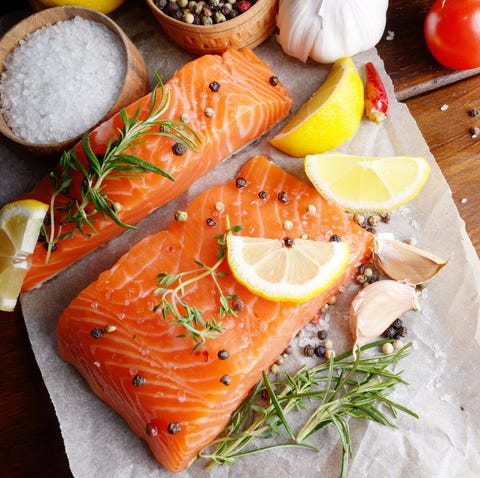
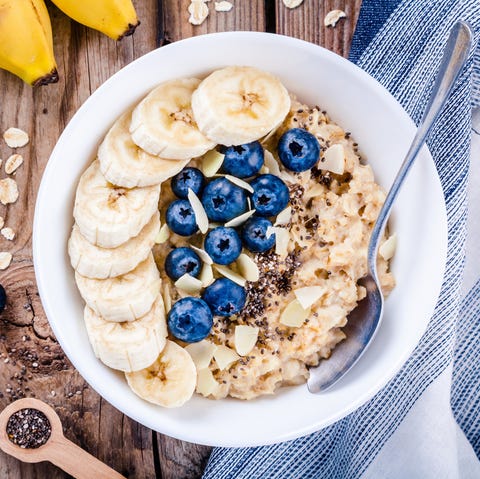
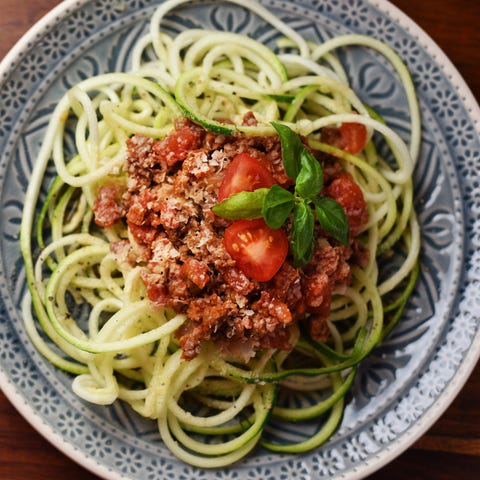
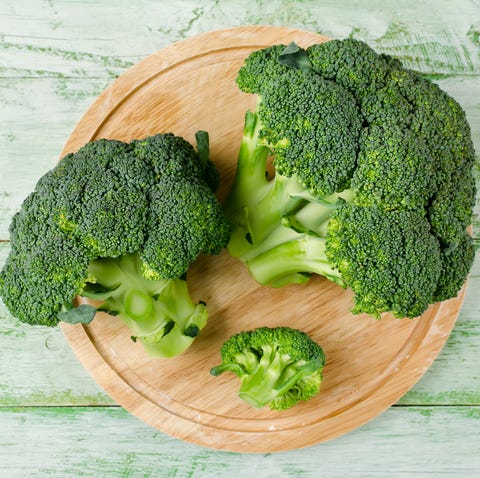
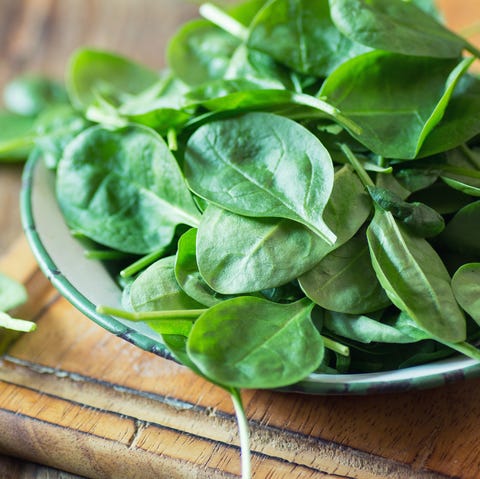
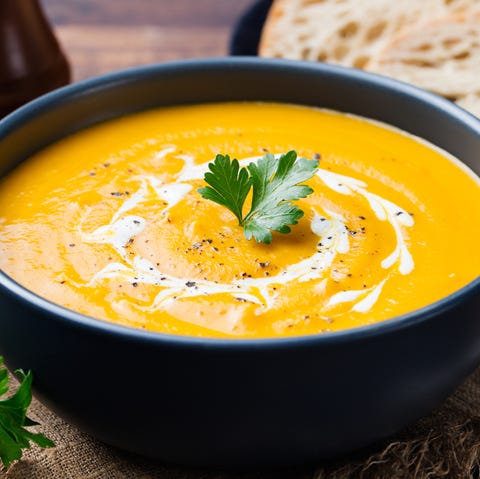
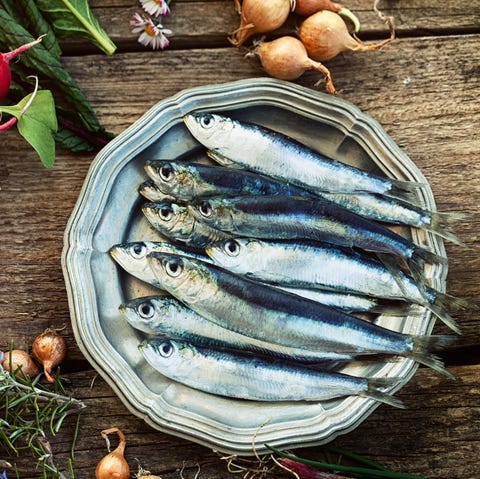
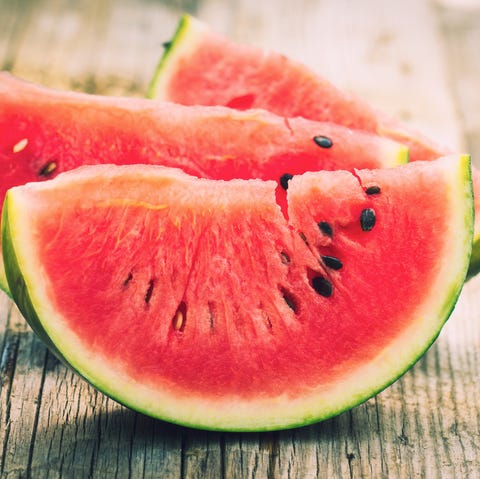

0 Comments